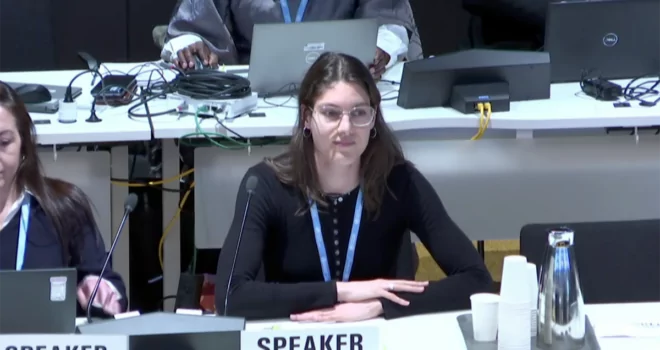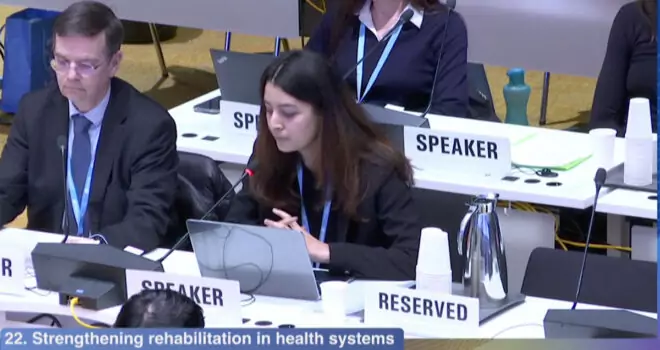This year, on 29 September, the World Heart Federation (WHF) is raising awareness of an increasingly important CVD risk factor: air pollution. Nineteen percent of all CVD deaths (nearly one in five) are caused by outdoor and household air pollution1, the equivalent of more than 3 million deaths every year.
7 million people die prematurely every year from air pollution: 1.4 million from stroke and over 2 million from heart disease2
The latest scientific evidence by Nature4 warns that exposure to nitrogen dioxide and fine particulate matter air pollution, originating from household wood, coal burning, industrial facilities, vehicle emissions and agricultural burning, is clearly linked to CVD mortality. In addition, exposure to these particles increases the risk of developing hypertension and type 2 diabetes, which are major risk factors for CVD.
Poor air quality is also ranked as the 4th cause of Disability-Adjusted Life Year (DALY) – one lost year of ‘healthy life’ – above tobacco, according to latest Global Burden of Disease study5.
Professor David Wood, WHF President, comments: “Reducing exposure to air pollution has become a crucial challenge that the world needs to face if we are to continue advancing in our goal to reduce the impact of noncommunicable diseases, especially cardiovascular disease – the world’s biggest killer. On World Heart Day, we are raising awareness of poor outdoor and household air quality as an increasingly important risk factor, and bringing together all those involved in cardiovascular health from every country in the world in the fight to reduce CVD.”

“This year’s campaign is all about encouraging individuals to commit to healthier habits by making heart promises, which goes hand-in-hand with Manulife’s goal of helping make people’s decisions easier and lives better,” said Mary Desjardins-Therrien, Assistant Vice President, Corporate Citizenship & Sponsorship at Manulife. “We’re excited to support World Heart Day on September 29 and encourage individuals and organizations to join us in adopting initiatives to promote heart health – from eating better to getting more active or going for regular check-ups, small changes can make a big difference.”
Roy Jakobs, Business Leader, Philips Personal Health comments: “It is well understood that avoiding known risk factors such as an unhealthy diet, physical inactivity, harmful use of alcohol and tobacco is key to maintaining a healthy heart. What’s less well known outside of the scientific and medical communities is that clean air is also essential to heart health. That’s why we applaud WHF’s focus this World Heart Day on creating wider awareness of poor air quality as an increasingly important CVD risk factor.”
“Globally, according to the WHO, 91% of the world’s population live in areas where air pollution exceeds the WHO guidelines limits6. At Philips, we believe that every breath matters and we strive to create solutions to enable people around the world to breathe cleaner air, especially sensitive groups like elderly, pregnant woman and people suffering from (respiratory) diseases.”
REFERENCES:
1Source: GBD 2016 Risk Factors Collaborators. Global, regional, and national comparative risk assessment of 84 behavioural, environmental and occupational, and metabolic risks or clusters of risks, 1990–2016: a systematic analysis for the Global Burden of Disease Study 2016. Lancet 390, 1345–1422 (2017).
2Source: WHO
3Source :WHO
4Source: Nature Reviews Cardiology volume 15, pages 193–194 (2018).
5https://vizhub.healthdata.org
6Source: http://www.who.int/airpollution/en/


